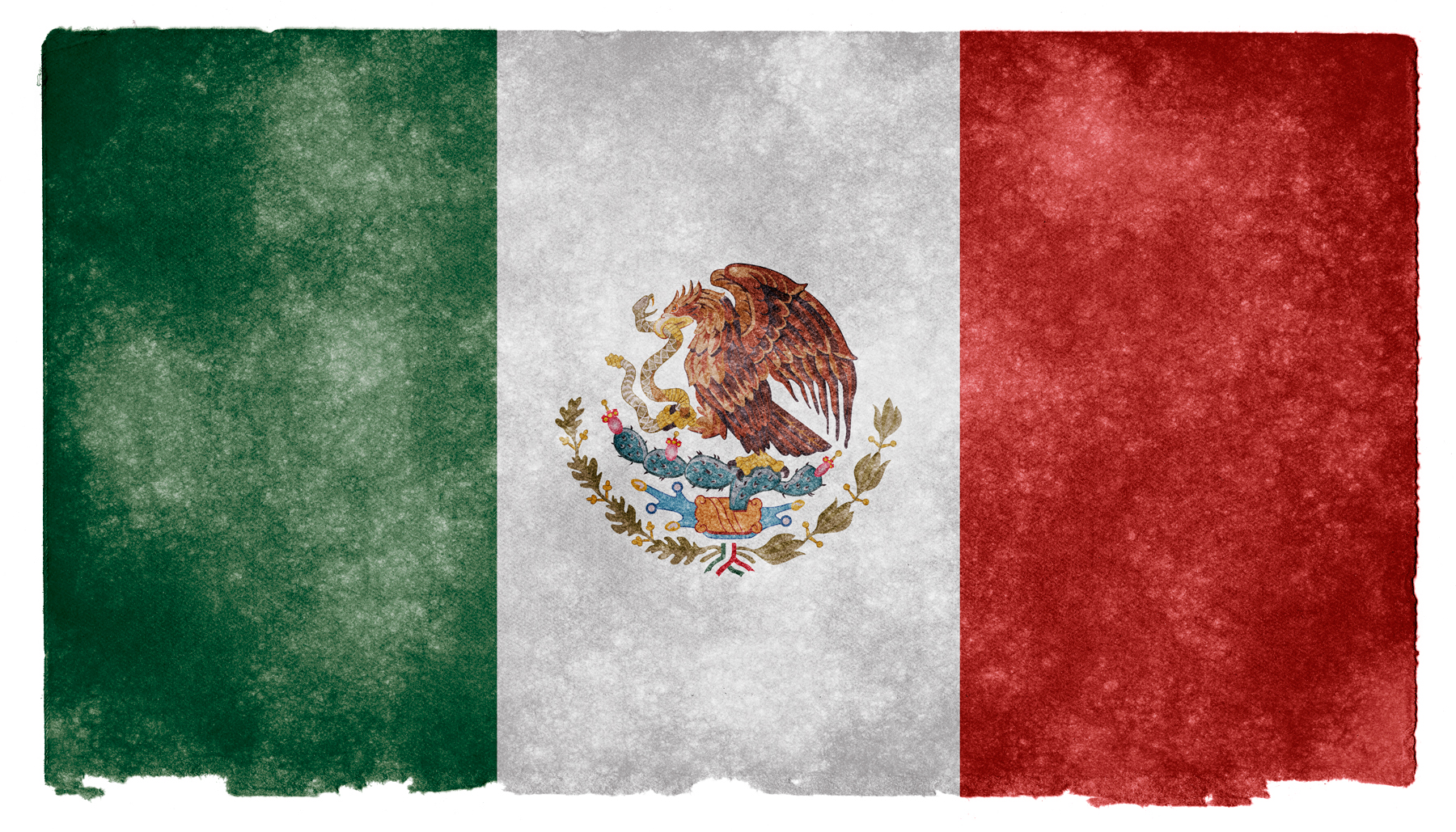On Wednesday November 4th, Mexico’s Supreme Court narrowly ruled in favour of allowing a select few individuals to grow and smoke their own cannabis.
Representatives of the Mexican Society for Responsible and Tolerant Personal Use first brought the case forward in 2013, and Wednesday’s ruling can be seen as vindication for their hard work, and as a move that should eventually lead to full legalisation in a country synonymous with the War on Drugs.
This very selective legalisation follows the move in 2009 to decriminalise possession of small amounts of cannabis, cocaine, heroin, LSD, and methamphetamine. It seems like the inevitable next step towards legalisation that prohibitionists always warn of when the subject of decriminalisation comes up. Whilst I obviously don’t agree with those people that legalisation is a ‘bad’ thing and something to be scared of, it’s worth delving a little deeper into the issue, because there seems to be a lot more to it than simply an unavoidable progression into legality.
For example, Portugal decriminalised all drug use in 2001 with great success, but have not made any moves to legalise drugs, and don’t much look like they will in the foreseeable future. Why is it then that decriminalisation seems to have worked so well in one country, and yet has needed to be improved upon in another? The answer lies, as is so often the case, in geography.
Unlike Portugal, Mexico is a producer of drugs, and thanks to its location is the main supply route for illegal drugs entering the USA. This simple fact, and because the ‘War’ aspect of prohibition has been taken so literally there, has caused the country to be plagued by warring cartels and the death and violence that comes with them.
The problem with decriminalising drugs in a country like Mexico, without fully legalising them, is that you do nothing to stop the supply. In theory, decriminalisation is supposed to free up the police to go after the producers and suppliers, and this can work in a relatively stable country like Portugal. But in Mexico, where the police and government have been utterly corrupted by the power of the cartels, the policy has essentially locked in the supply, and locked in the violence. Between December 1, 2006 and September 30, 2011 the drug war in Mexico led to over 47,500 documented ‘organised crime related homicides’.
The real numbers are almost certainly far higher, and have carried on at the same rate since.
In a market still controlled entirely by brutal and ruthless criminal organisations, and policed by a wilfully ineffective and corrupt police force and judiciary, it is not hard to see why decriminalisation has been ineffective. Compare that to Portugal, where the criminals have not been able to turn the country into a ‘narco-state’, and, as a result, HIV infections and drug related deaths have fallen dramatically – you begin to see why there is not a ‘one size fits all’ answer to drug policy. It’s a far more complex situation than a lot of people presume.
Clearly then, what might be right for one country may not be right for another. In order to loosen the stranglehold of the cartels even a little Mexico needs to take bold steps, one of which is the full legalisation of cannabis use.
However, whilst this step would be welcome, and would undoubtedly take away a portion of cartel wealth, it would be naive in the extreme to expect it to cripple the cartels entirely. Between 2004 and 2007 Wachovia Bank laundered $378.4 billion for Mexican cartels, an amount equal to one third of Mexico’s entire GDP. And that’s just one bank. Let’s not kid ourselves into believing that all or even most of that money came from selling Mexican cannabis. A far wider process of legalisation and reform of not just the laws, but the entire judiciary system, is needed to bring about real change.
As the Republic of Ireland begins its journey along the road of decriminalisation, it’ll be fascinating to see how the story unfolds in a country with its own unique social and political landscape. Only time will tell if the march towards full legalisation is as inevitable as its opponents fear it will be.
Daryl Sullivan is a freelance writer focused on drug policy reform. Tweets @sullivandeej

